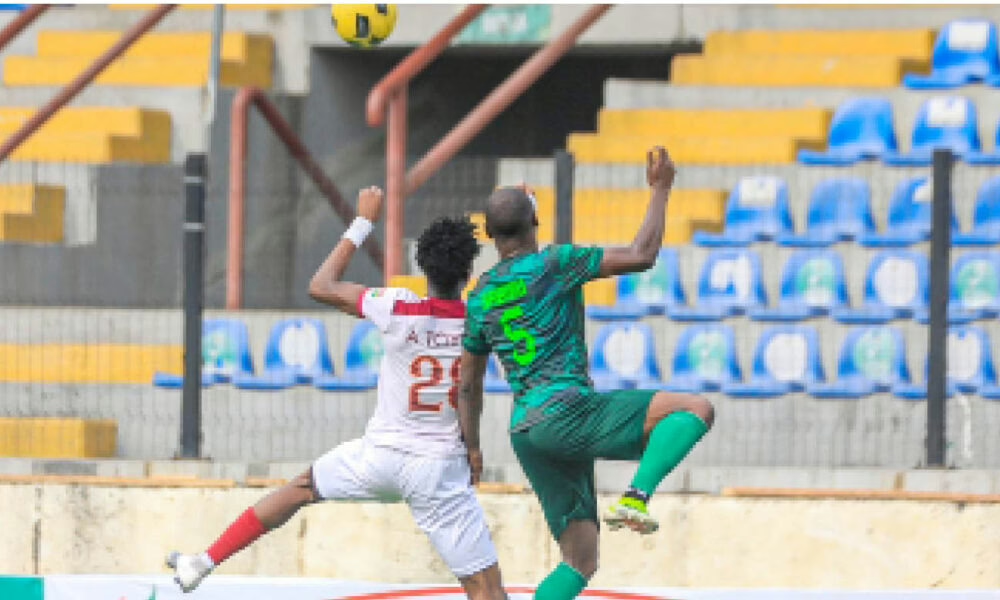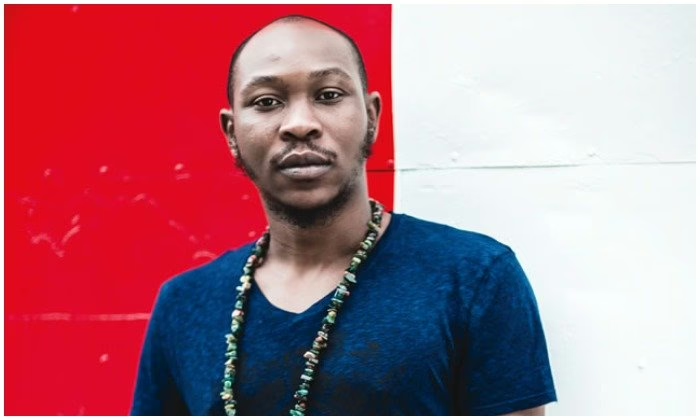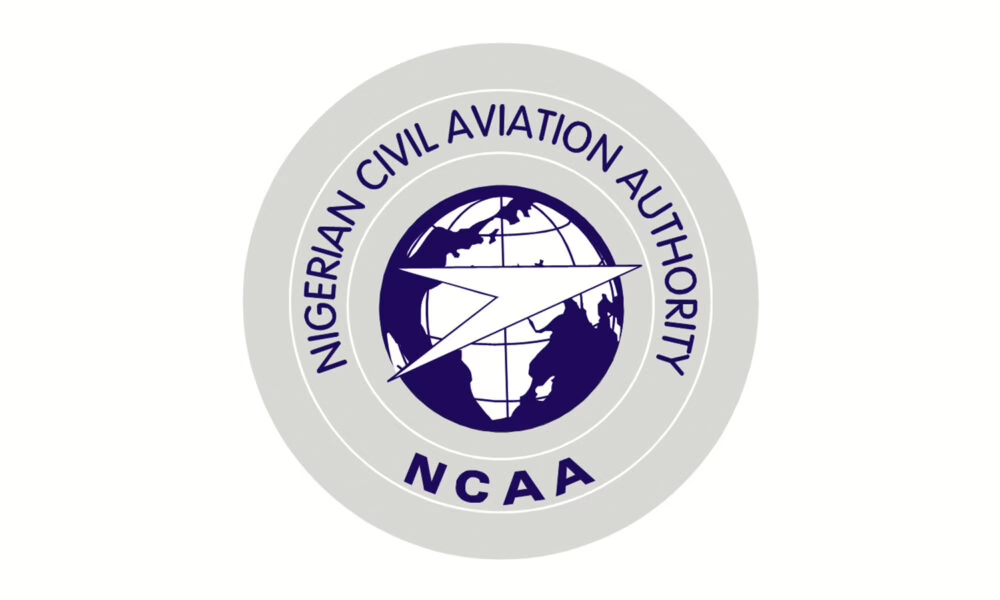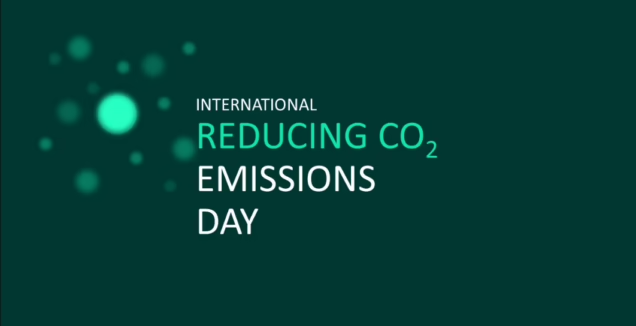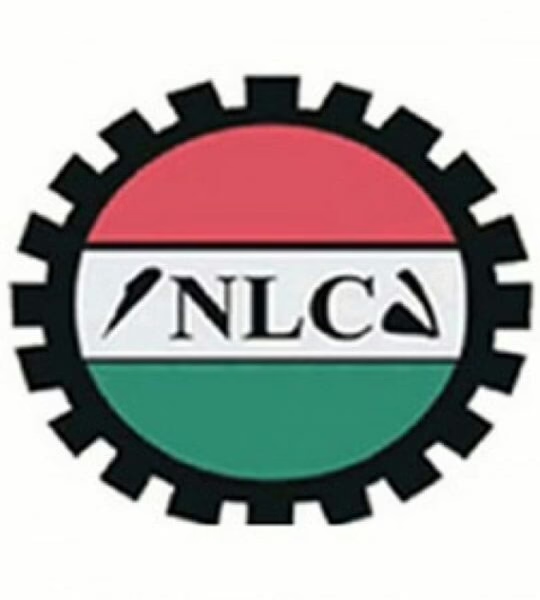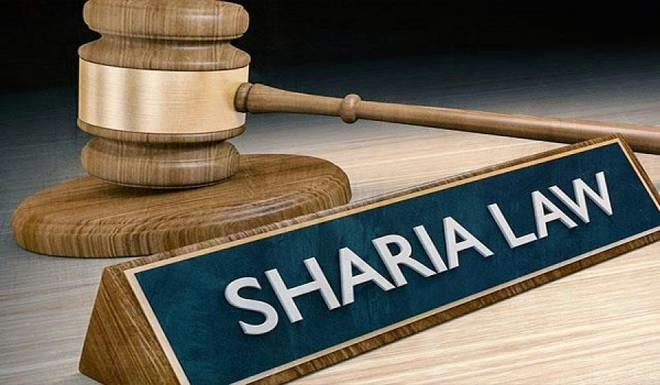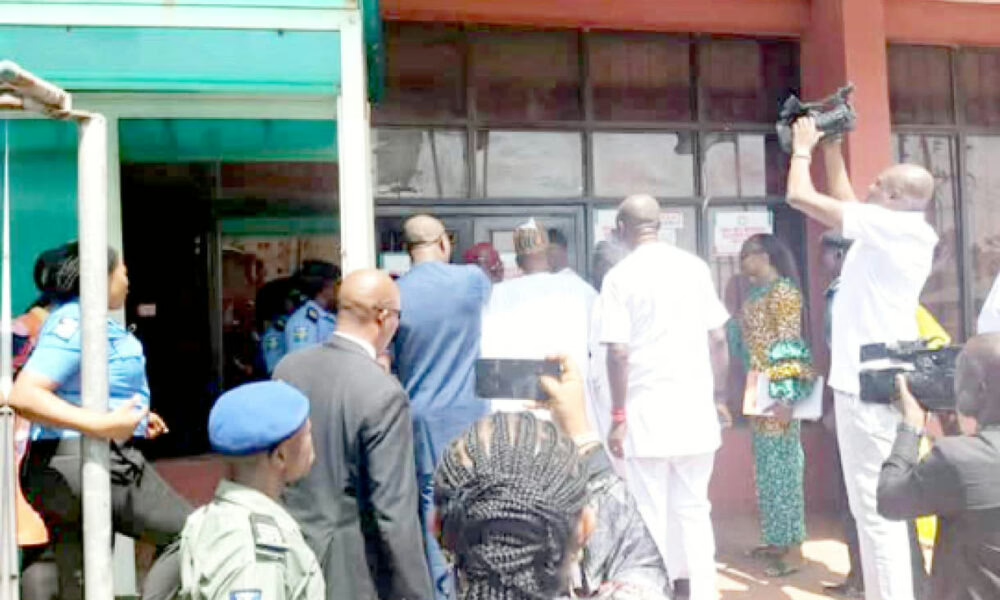From Jude Idu, Abuja
For long, the country has faced the challenge of electoral reforms by several administrations. A school of thought believes the reforms are mere ploys to ensure that sitting government scales the huddles of elections.
In this interview, Prof Adele Jinadu, a renowned academic, policy advocate and human rights activist, argued that unhealthy rivalry makes the ruling party hunger to remain in power, explaining that this tendency has created human and economic development deficit, as ruling party’s absorption of power does not help matters in an under-developed society like Nigeria.
Given your years of experience, what do you think are the major challenges of electoral reforms in Nigeria?
The basic challenge is the complex combination of the toxic environment of competitive party and electoral politics and the political economy of Nigeria’s human development deficits. The combination has created a legal and political culture that holds out and, indeed, imposes, huge constraints on electoral integrity and the conduct of credible elections, as outlined in, for example, the African Charter on Human and Peoples Rights, the African Charter for Popular Participation in Development and Transformation, and the African Charter on Democracy, Elections and Governance. This is why despite the considerable efforts invested in electoral reform from one quadrennial electoral cycle to another since 1999 in the country, and the remarkable internal administrative and financial reform, and deployment of information communication technology to carry out the registration of voters and the conduct of elections by the Independent National Electoral Commission, INEC, we continue to witness more and more hotly contested and controversial electoral outcomes in the country. The basic challenge for electoral reform in the country, as I see it, is not the over-legislation and over-judicialization of electoral administration and management that we have seen since 1999, but a reorientation of our political and legal culture in ways to firmly anchor the ethico-cultural anchors of democracy and competitive political and electoral politics, captured in the aphorism, eternal vigilance is the price of liberty. As the Nigerian Bar Association argues in its submission to the 2007 Uwais Electoral Commission, the legal framework for electoral governance not only encourages, but also rewards impunity by those who deliberately set out to vitiate the integrity of the country’s electoral process.
How far has the process to review the system of democracy suitable for Africa gone?
There was in the period between the mid-1970s and early 2000s African-driven, that is the home-grown initiatives and efforts within various African regional and continental institutions (ECA, ECOWAS, OAU, AU) and within various intellectual sites in Africa (African universities and African professional and academic associations) within Africa and the African Diaspora by Afrocentric scholars, to develop and theorize an alternative, home-grown theory of democracy and development suitable for Africa based on new modes of thinking about the interconnection between democracy and development. This home-grown theory was articulated in various African codes and standards of governance, notably the following: the African Charter on Human and Peoples Rights; the African Charter for Popular Participation in Development and Transformation; The Lagos Plan of Action; The Declaration on Unconstitutional Change of Government; and the African Peer Review Mechanism. The theoretical anchors of this collective renascent African vision and its democratic governance and public policy thrust, reflected in Chapter II of Nigeria’s Constitution since 1979 and in similar Chapters of various African constitutions since the late 1970s, differ from the neo-liberal one that the Western donor community, the World Bank and the International Monetary Fund have continued to insist on as conditionalities for development assistance in Africa, as they intensify and consolidate their recolonisation of Nigeria and other African countries.
The result is that home-grown mechanisms and institutions set in place by African countries to establish the development of welfarist states, envisioned in the various codes and standards referred to earlier, and in line with Chapter II of Nigeria’s Constitution and similar ones in other African constitutions, suffer from the deficits of the political will to make them work. It is, therefore, wrong to say that an alternative to the neo-liberal model of democracy and development has not been fashioned in Africa.
Do you think the Nigeria’s ruling parties have respected the rule of law and electoral reforms lately?
Sadly, the is no. The ruling parties have consistently abused the power of incumbency for partisan party political advantage, through the use of state resources, including the partisan party political use and deployment of public service institutions and personnel for partisan electoral purposes, and the use of public procurement process for creating a war chest to corrupt and sully the electoral process. The result has been the weakening of democracy, promoting institutions such as anti-corruption bodies, electoral commissions, human rights commissions as fourth branch of government to check abuse of power by the executive, legislature and the judiciary in the African state.
The INEC Act stipulates that the electoral umpire in Nigeria should be independent. Do you share the same belief?
The word “independent” is ambiguous and must be viewed historically in the broader context of the development of competitive party and electoral politics in Nigeria. If by “independent” is meant an electoral commission that is outside of the civil service-based electoral commission that was created in 1958 or thereabouts, in the sense that, among other features, it has the power to recruit, promote and discipline its staff; is a scheduled organization under the country’s Pension Act; and has its finances as a first charge on the consolidated revenue fund, then it is to that extent and in a formal, institutional sense, independent. But because of the nature of its assignment, especially set in the wider context of the political economy of the country’s under-development and toxic generally anti-democratic political and legal culture, INEC finds its administrative and financial independence extremely challenging and fettered by such an environment. In short, the problem is not as much a matter of the independence as it is one about the inclement environment that continues to constitutes a fetter on its independence.
Do you think the INEC Act needs to be reviewed to sublet its responsibility during elections?
The problem is not about subletting but unbundling its responsibility. In other words, powers and functions of INEC under the country’s Constitution, to enable it concentrate on the conduct of voters registration and elections. Towards unbundling INEC, the Report of the Uwais Electoral Committee in 2008 recommended the establishment out of INEC of a political party registration and regulatory commission; a constituency delimitation commission; an electoral offenses commission; and a centre for democratic studies. In addition to unbundling the constitutionally-assigned responsibility of INEC by creating these four institutions or agencies, the Uwais Committee Report also made useful suggestions on how best to turn INEC into a more effective and more efficient institution in undertaking its reduced functions.
The only agency the Federal Government agreed to create to undertake some of INEC’s functions, the Election Violence Commission is yet to see the light of day, 16 years after the government agreed to create it. This is a sad reflection on how seriously the country’s toxic political environment takes the issue of fundamental not cosmetic electoral reform. Unfortunately, no organized pressure has existed since the Report was submitted to demand for the fundamental constitutional and political reform suggested by the Uwais Committee to address the problem.
Have the CSOs been able to engage in meaningful ways to attract government reaction to electoral reforms?
The CSOs, the actively pro-democracy ones among them, have made immeasurable contribution not only to electoral reform but also more broadly to constitutional and political reform since the onset of military rule in the country. The high watermark of that contribution was during the period between the annulment of the June 12 presidential elections in 1993 and the establishment of the Uwais Electoral Reform Committee in 2007. Unfortunately, the CSOs seemed to have lost the collective spirit that created a united front to promote democracy and development in the country.
That collective, national spirit of a united front to prevent democratic backsliding or reversal has waned substantially, casualty of the emergence within the CSOs of the functional equivalent of what can be best described as a labour aristocracy within it; the ability of the mainstream political class to make inconsequential reforms that serve mainly to entrench them in power, while giving the appearance of working with pro-democracy CSOs to improve democratic and electoral governance, thereby stealing the thunder from under the CSOs; and the dependence of CSOs on grant from a Western donor community more concerned with recolonisation of the country than with the emergence of home-grown developmental oriented state in the country.
Would you say that the clamour for regional government is the best if the call becomes a reality?
It is unclear what regional government means. There seems to be two variations of it. First is the ethno-regional; federal structure of three regions, Eastern Region, Northern Region and Western Region, created under the country’s ethno-federal 1954 Constitution, with enhanced regional autonomy granted to the three regions between May 1957, when regional self-government, that is greater autonomy, was granted to the Eastern Region and Western Region in August 1957 and to the Northern Region in in March 1959. The minorities were opposed to this ethno-regional federal structure and demanded the creation of more regions. Their demand led to the setting up of the 1957 Willink Commission of Inquiry in 1957 to look into the demand of minority groups for creation of more states out of each of the three regions then existing. The Willink Commission advised against and the United Kingdom Government rejected the demand for the creation of more regions in each of the three regions. The tripolar regional structure inherited at Independence was a major cause of the fall of the First Republic in 1966. Is the call for regional government, therefore, a call to the tripolar regional structure that was vehemently rejected by the minorities and which contributed to the fall of the First Republic in January 1966? If this was a major source of the collapse of the First Republic, is it feasible to now expect a return to it, after the various state creation exercises that were carried out between 1967 and 1996? But if by regional government is meant regional cooperation among the states of the federation on a geopolitical, Northcentral, Northeastern, Northwestern, Southeastern, South-South, and South western basis, what would regional government so defined mean? Would it involve and how feasible would it be if this would mean the establishment of a super-regional executive, legislative and judicial authority to which regional, executive, legislative and judicial authorities would be subordinate? It is instructive in this respect that current attempts at regional cooperation among contiguous states in each of the 36 states of the federation have made little progress. Indeed, as the experience of the 2014 national conference shows, there are still demands for the creation of more states in the country.
What is often forgotten is that the three-regional and later four-regional structure under the First Republic had its own contradictions which contributed significantly to the fall of the First Republic. There is another reason why the return to regionalism is problematic. In some versions of it, confederalism, in other words the considerable weakening of the federal government is the objective. But this flies in the face of federalism everywhere, where a strong federal government is needed to enforce national standards, contain centrifugal tendencies and meet the international and foreign policy objectives of the country. In fact, for these reasons, as Professor Billy Dudley has clearly shown in his published work, by 1962-1965 there were economic, political and social forces, including the vagaries in the international commodities market, which enhanced the power of the federal government vis a vis the state governments. Regionalism under the country’s 1960 and 1963 Constitutions is not, therefore, unproblematic and to bring it back now in its original three or four tripodal structure will re-ignite fears of domination among minorities by the ethno-regional majority groups, Hausa-Fulani, Igbo and Yoruba.


